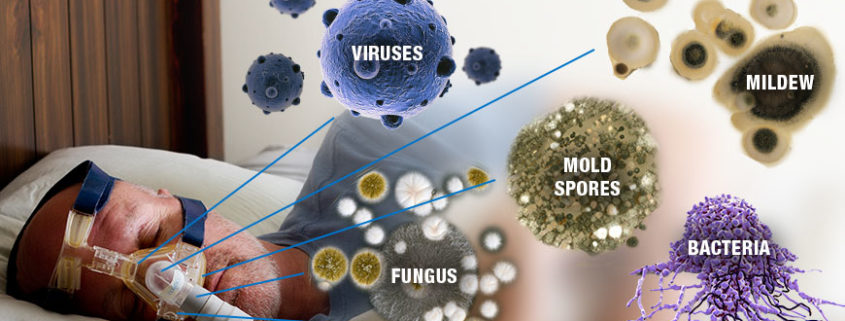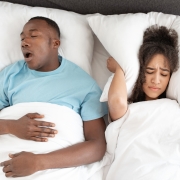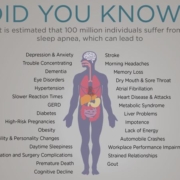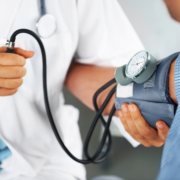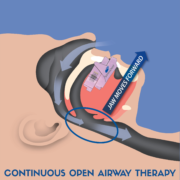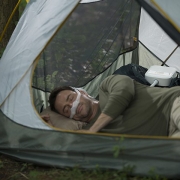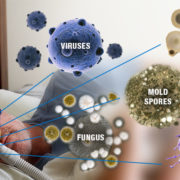CPAP Cleaning Devices – What You Need to Know
CPAP Cleaning Devices – What You Need to Know.
If you use a CPAP or PAP therapy device to treat your sleep apnea, you know it can be difficult to keep up a regular cleaning schedule. A dirty CPAP machine can contain germs, viruses and bacteria that can make you sick. So, I can understand how the automated machines advertised on TV that claim to clean and disinfect your CPAP might look like a good option. But there is more you should know.
No home CPAP cleaning devices that use ozone gas or UV light have been approved or cleared by the FDA. The FDA has not determined whether CPAP cleaning devices are safe. The FDA does not have evidence whether CPAP cleaning devices work to clean or disinfect CPAP equipment of germs or allergens. FDA Feb 27, 2020
What Types of Machines That Claim to Clean CPAPs are Being Sold?
There are two main types of machines that claim to clean CPAPs. One uses ozone gas and the second type uses ultraviolet (UV) light. Ozone gas and UV light machines that claim to clean, disinfect or sanitize continuous positive airway pressure (CPAP) devices or accessories (such as masks, tubing, headgear) do not have FDA clearance or approval. This means that the FDA has not found that these cleaners work to kill germs on CPAPs or that they are safe.
UV Light Machines
The FDA has not received data or evidence from manufacturers that says UV light can clean the inside surface of CPAP hoses, or information to confirm that UV light does not damage CPAP machines. They do not have evidence that machines using UV light protect you from unsafe levels of UV radiation exposure. Direct exposure to UV light may cause injury depending on its wavelength, intensity and exposure time. Additionally, the UV light may not be able to penetrate all components of CPAP devices and accessories, like the plastic tubing, masks and connectors, which could lead to inadequately disinfected components that may be unsafe for people to reuse.
Ozone Gas Machines
Ozone is a gas that can be used to kill harmful bacteria. However, for ozone to be effective in killing harmful bacteria, it must be present at a concentration far greater than what is considered safe for humans. Although products claiming to clean, disinfect or sanitize CPAP devices that use ozone gas claim that they are designed to keep ozone gas inside the machine and its accessories, leaks can occur at tubing connections, filters or through containers used to house CPAP accessories. When leaks occur, ozone gas in the room where the devices are used may temporarily rise to unsafe levels especially if the room is small or not well ventilated.
Additionally, if the newly cleaned CPAP machine or accessories that are used without first allowing fresh air to completely circulate through the entire CPAP system to remove any remaining ozone gas. It could lead to someone inhaling ozone gas, which could cause breathing problems.
Watch This Before Using Ozone Gas or UV Light CPAP Cleaning Devices
Patient Complaints
There have also been complaints from CPAP users of a chemical smell, dizziness, and headaches. Some people have had irritation to breathing passages (nose, throat, and lungs), particularly for those who have respiratory sensitivity such as asthma or allergies. In addition, many CPAP manufactures will void the warranty if a mechanical cleaning device is used due to possible damage to the CPAP units.
Why Does My CPAP Machine Need Cleaning?
Germs from your lungs, throat, or mouth can get into the CPAP mask or hose as you breathe in and out during sleep. Additionally, germs on your skin may get transferred to the CPAP mask or hose. Dust, mold, pet hair or other allergens may also get into the CPAP mask or hose.
All CPAP machines need to be cleaned regularly so that these germs and contaminants do not grow inside of your equipment and make you sick. Dust and dirt can also cause problems with the machine, making it more likely to break or need replacement. Please visit CSCC website for recommended cleaning instructions.
Alternative Treatment Option
Patients diagnosed with Mild to Moderate OSA can seek CSCC to see if they are eligible and may benefit from Oral Appliance Therapy. Please visit https://comprehensivesleepcare.com/our-services/cpap-alternative-oral-appliance-therapy-for-sleep-apnea/.

